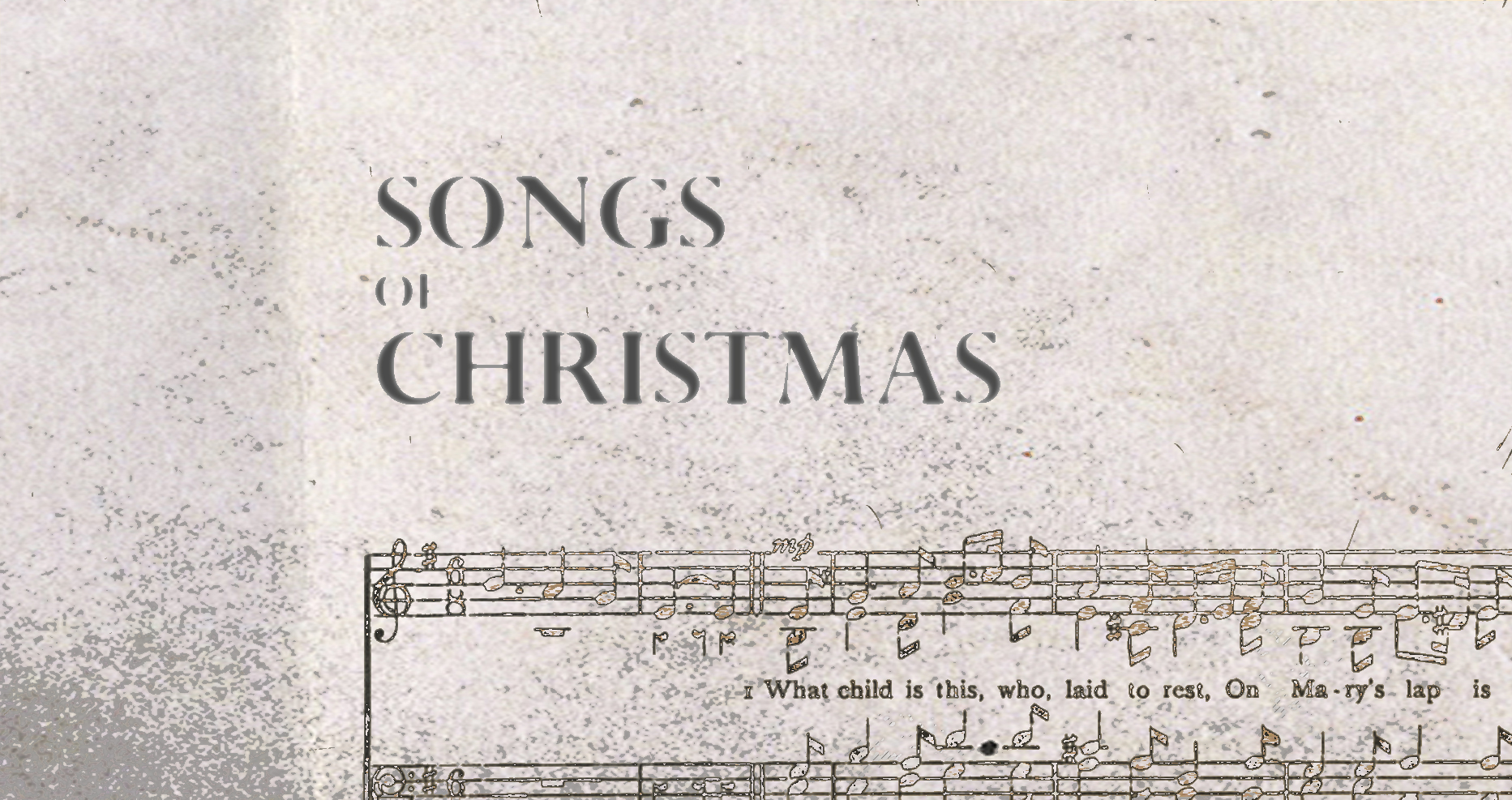
The Whole Gospel in the Songs of Christmas
The season leading to Christmas is a wonderful time to draw attention some of the all-too-familiar lyrics of some Christmas carols. Some of the best Christmas carols not only speak of Jesus as the child in the manger, but also the gospel reason for why the Christ had to come—the presence of sin that cannot be satisfied but through the peace that comes from the blood of the cross. Jesus did not come to be a sweet child but as the Word made flesh, the bruised and broken sacrifice, the conqueror of death by death, and the ascended Lord at the right hand of the Father.
Sadly, when artists record popular versions of carols or when publishers add Christmas sons to hymnals and songbooks, too often they excise the core gospel message in exchange for sentimentalism. As the radio plays Christmas music 24 hours a day, it is not unusual for us to hear altered lyrics or simply the first verse of a carol repeated two or three times instead of the original verses. Here are some notable examples:
“What Child is This” by William Chatterton Dix is one of my favorite carols. I remember my grandfather singing this in church when I was little. However, it was not until much later that the words of the second verse came to my attention:
The reference to the cross is often replaced by the final lines from the first verse—if the second verse is sung at all. What is lost is the flow of the ideas from the question of “who is this child?”, to the recognition that this is Christ the King (vs 1) who came for the sake of sinners and the reality of the cross (vs 2) and who is worthy to be adored (vs 3).
“Creator of the Stars of Night” is another fine example of the Gospel worked through an Advent carol. This 7th century text and Sarum chant still powerfully represent the curse of sin, the light of Christ, the sufficiency of redemption through Christ, and the reminder of the second coming in light of the first coming, or advent, of Christ. This translation by John Mason Neale is from 1852.
The fifth century hymn “Hark! A Thrilling Voice in Sounding” is one of our favorites during this time of year. This translation by Edward Caswall from 1849 also highlights the preparation for the coming of Christ—both first and second—and the recognition of the forgiveness that come through the long-expected Lamb of God.
And finally, this short stanza from Johann Rist (1641) beautifully and succinctly speaks of the Incarnation, the adoration of the shepherds and concludes with the paradox of the weak child being the power to break the effects of the Fall and to usher in true peace.
























